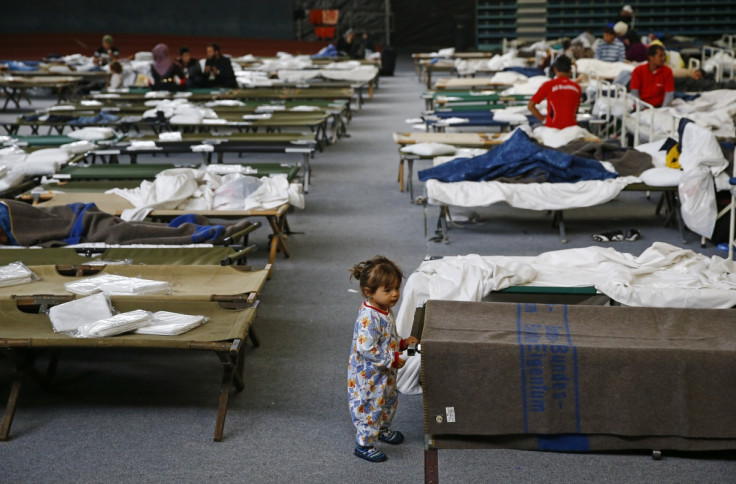Migrant crisis: Norway steps up border controls as EU ministers meet in Brussels

As EU ministers were due to discuss the migration crisis, its effects continued be felt across the region, with Norway stepping up border controls and German railway operator suspending key services to neighbouring Austria and Hungary.
The interior ministers of the 28-nation bloc were arriving in Brussels where they will try to mend deep differences on how to handle to massive migrant influx that has seen almost 500,000 people reaching Europe in 2015.
A quota system to redistribute 120,000 refugees among member states was on the table, as thousands continued to travel through the continent hoping to reach a destination of their choice, causing transport disruption and threatening the survival of the no-borders Schengen Agreement.
Norway Justice Minister Anders Anundsen said police was to intensify border checks to have "a better overview and control of who is in the country." He said the measure was not aimed at curtailing the "right to seek asylum in Norway for displaced people" but to fight illegal immigration and organised crime instead. Norway is not an EU member but is part of the Schengen Agreement.
Earlier, Foreign Minister Borge Brende said Norway had committed with the UN refugee agency to receive a substantial amount of refugees over the next three years. "In fact 7% of all the refugees that the UNHCR has asked for," he said.
Meanwhile, German train operator Deutsche Bahn announced a two-week suspension of the rail route running from Budapest to Munich via Salzburg citing border controls implemented by Berlin over the migrant crisis.
Most of the almost half a million migrants who have arrived in Europe since January, have crossed from Turkey to Greece and then proceeded north through Macedonia, Serbia and Hungary, hoping to reach Germany and other northern European countries.
© Copyright IBTimes 2025. All rights reserved.




















